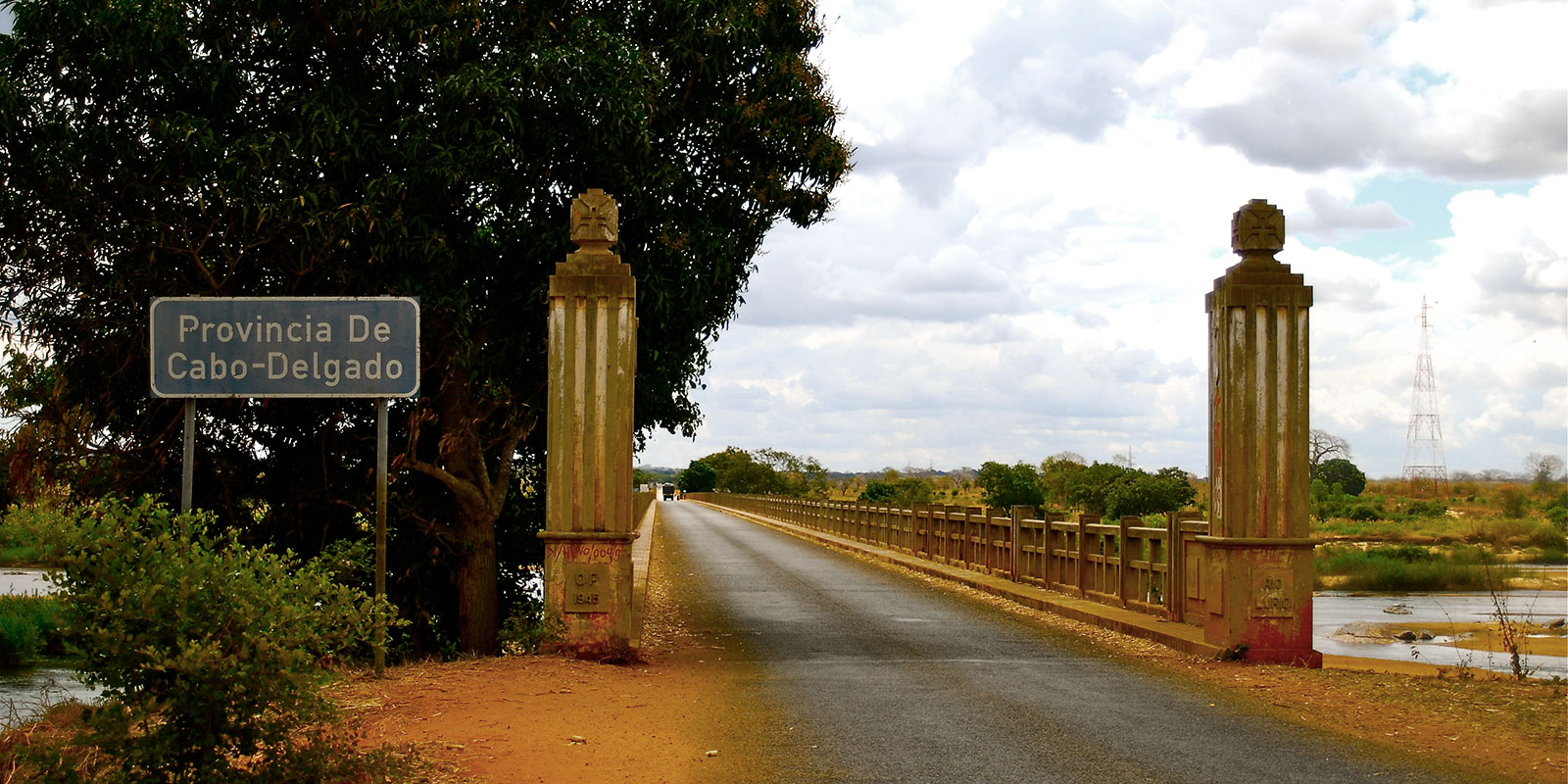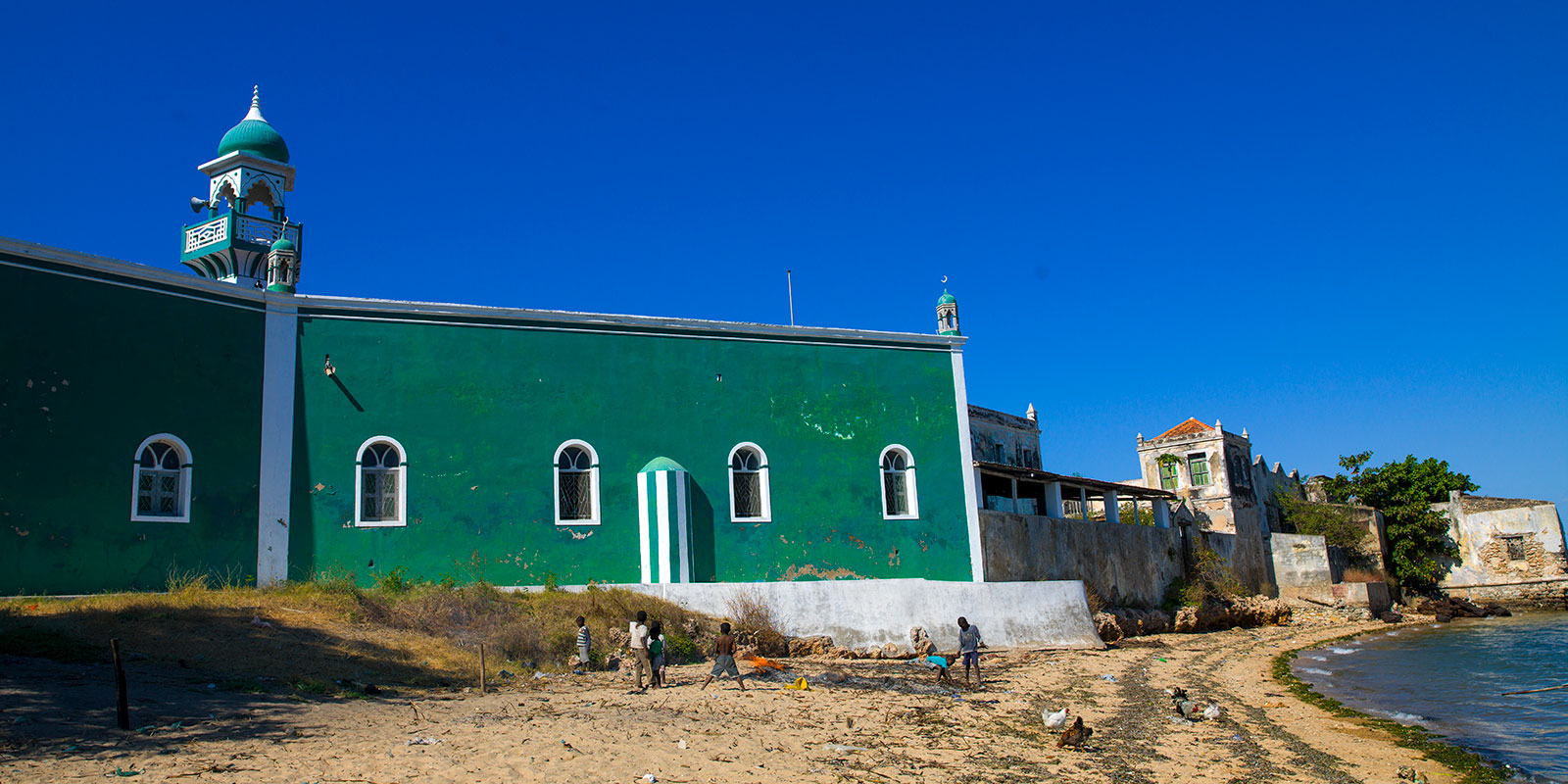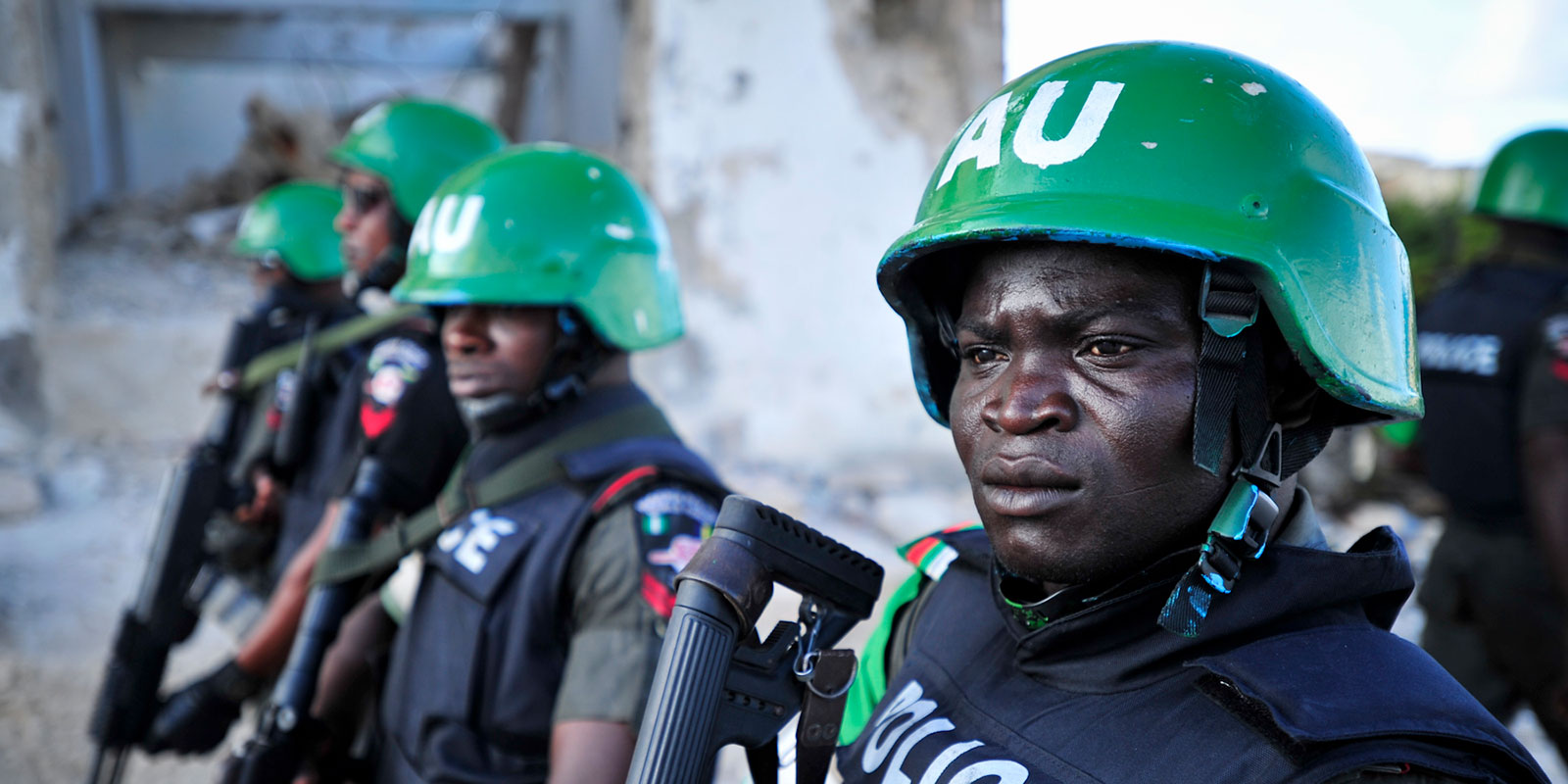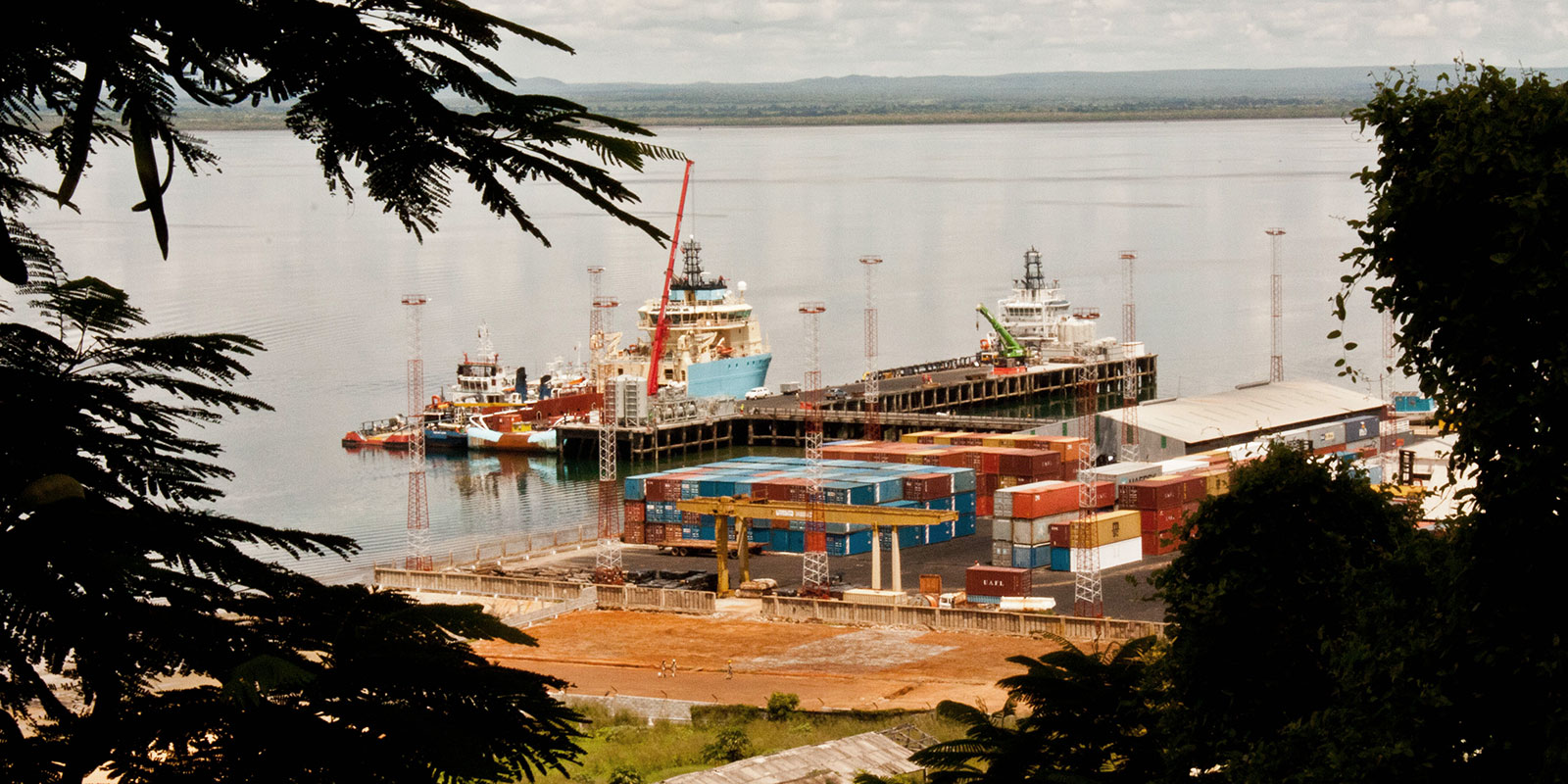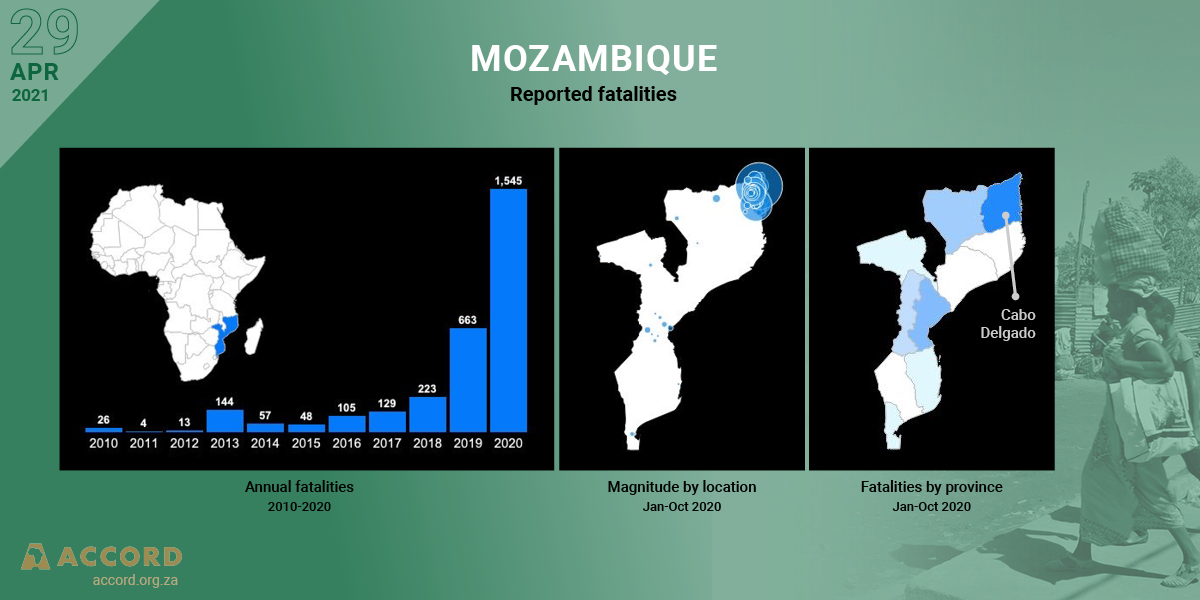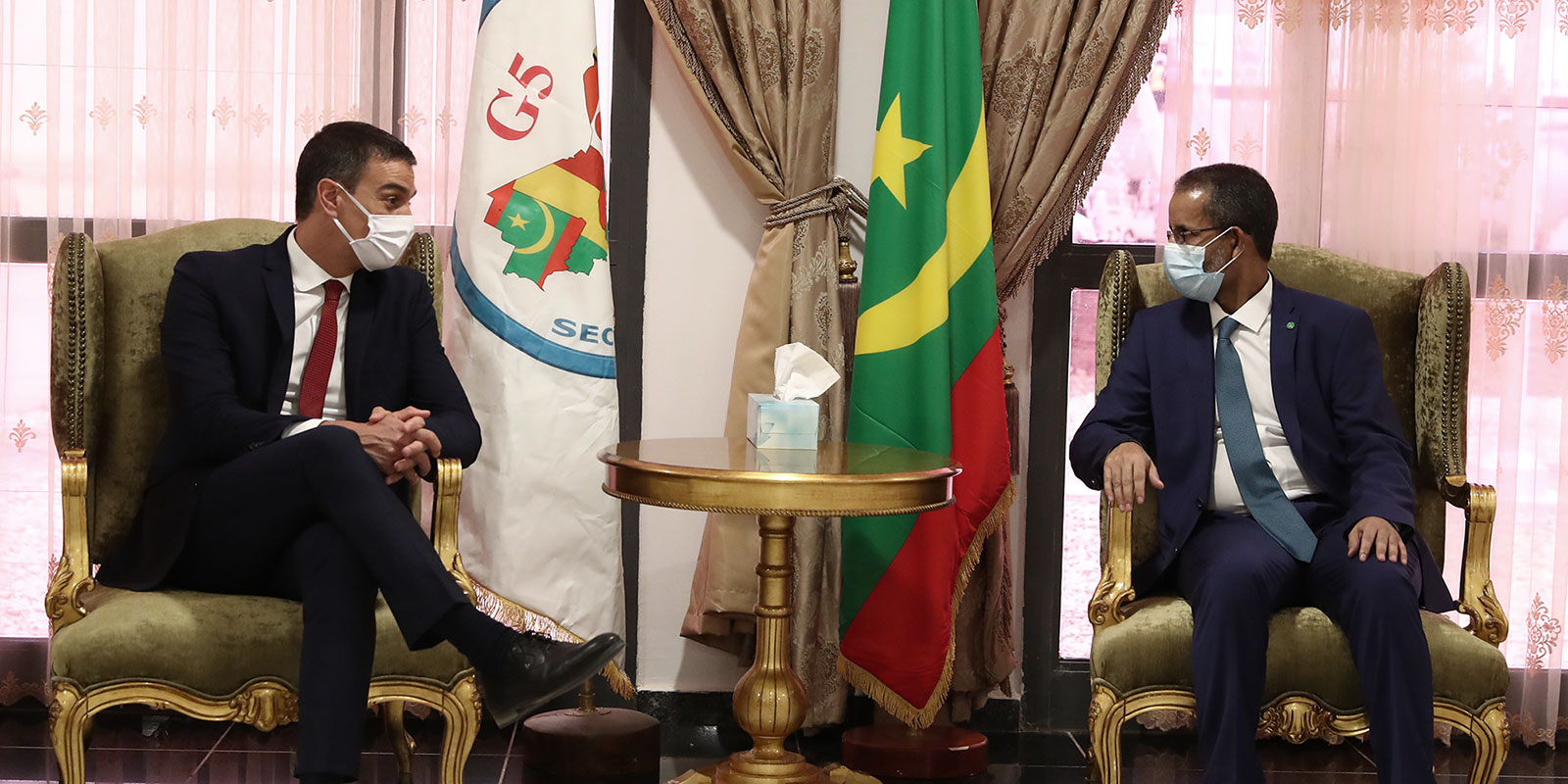This week the Monitor turns its focus to the province of Cabo Delgado in northern Mozambique, as SADC considers various options to respond as a region. Our feature piece is by Ambassador Maman Sidikou, the Executive Secretary of the G5 Sahel, who reflects on the lessons that Mozambique and SADC can learn from their experience with preventing and countering violent extremism in the Sahel.
Rui Saraiva considers the multiple pressures on the people of Cabo Delgado, including the violent insurgency, environmental disasters, displacement and also COVID-19, and he argues that pragmatic, adaptive, and holistic approaches focused on resilience will more effectively address the interplay between violent extremism and human security threats.
Professor Sozinho Francisco Matsinhe provides a detailed overview of the conflict in Cabo Delgado. His piece outlines the various narratives which surround the conflict, reflects on its root causes and provides a discussion on the possible strategies going forward. ACCORD’s Cedric de Coning draws lessons from Africa’s experiences with responding to violent extremism in Somalia and argues for a comprehensive approach that is politically-led and that focusses on governance, the rule of law, development, and security, as opposed to a military-only counter insurgency operation.
We close with a contribution by Emmerson Ubisse on the role of the religious communities in helping to resolve the conflict in Cabo Delgado.

